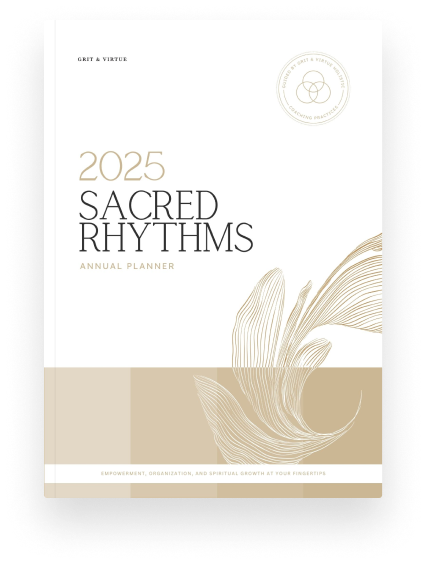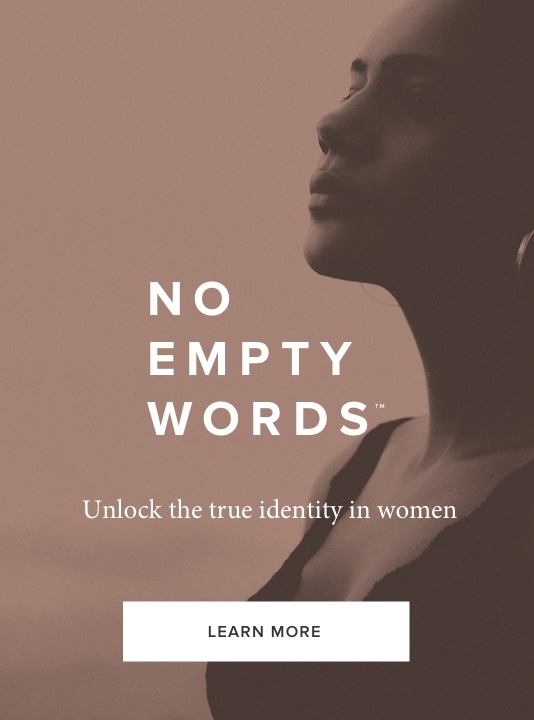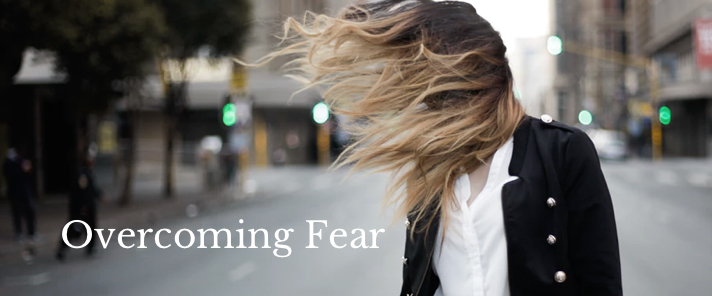A Note from the Author: First, I want to check in and ask, how are you doing? I mean, how are you really feeling? Second, I come to you in solidarity. I want to let you know that you are not alone. The last few months have been heavy, and the last few weeks have been quite dark, to say the least. So much is going on. So many feelings are being stirred. Rest assured, I am feeling it all too. I am upset, just like you. I am sad, just like you. I am tired, just like you. I am confused. I am overwhelmed. And the rest of it, honestly, I can’t even put into words.
I am of minority descent and have personally experienced discrimination, but I probably will never truly understand what the black community has been experiencing and will not pretend I know what other sisters of color are going through. Nonetheless, I stand against injustice and discrimination. Black lives matter – and Black mental health matters too.
~
Last month, I wrote an article about some daily practices that are good for our mental health focused on self-care and how it supports our overall health. I also touched on the many reasons why most people tend to overlook self-care and the many negative connotations attached to it. What I want to focus more on this time is the theory of self-awareness and how it relates to self-love, ultimately leading to self-care.
We need to take care of ourselves, now more than ever. We are all suffering from quarantine fatigue and struggling to understand what is happening around us. But what if this year serves to awaken us from a life filled with ignorance, complacency, injustice, discrimination, stigma and meaningless antics? It’s time for a change. A big change. And I believe it starts within us. It starts within me, and it starts within you.
The Need for Self-Awareness
With everything that we do, all the struggles that we face, how we act, how we think and how we feel, self-awareness is key, and I believe it is half the battle. But what does that mean? According to PositivePsychology.com, “self-awareness is the ability to see yourself clearly and objectively through reflection and introspection.”
And from experience, I’ve learned that it is only through self-reflection, contemplation and soul-searching that we begin to really see how we value ourselves. This inner work also helps us to see if our view of ourselves is aligned with God’s view of us. More often than not, we don’t see ourselves the way God intends us to, as fearfully and wonderfully made (Psalms 139:14).
You can Rest: Breaking Away From the Conditional Mindset
I don’t know about you, but I can honestly say that many times, I feel unworthy, undeserving even, to be taken care of. I have this “conditional” mindset where I can only treat myself to rest if I was productive – if I did something right – if I worked hard enough. Meaning, I would only feel worthy of such care under these conditions, which I created for myself.
What are the conditions you have set for yourself? When do you feel you are worthy enough to deserve time, care, and effort? And are these in line with what God says about rest? (You can go here and see what the Bible has to say about rest.)
Once we start to open our eyes and become more aware of our thoughts and beliefs, that is when we can truly love ourselves, unconditionally, so much so that we shift our perception and begin to really understand what self-love and self-care truly mean.
Tearing Down the Myth: Self-care is not Selfish
Why is self-care often considered selfish? Why do we feel guilty about it? What is preventing you from making time for yourself to pause, and rest?
Let’s dig deeper and break this down, shall we? Self-care is about loving yourself and honoring your needs physically, emotionally and spiritually in order to feel your best self so you can better serve others. It is also about experiencing joy and discovering your purpose, ultimately reaching personal fulfillment. On the contrary, selfishness is defined as “devoted to or caring only for oneself, concerned primarily with one own’s interests, benefits, etc.”
So essentially, we feel guilty because we think taking care of ourselves is an act of selfishness, but clearly, since a healthy practice of self-care cycles back around to caring for others, it is not. Our society has somehow misinterpreted these two ideas for generations, and we have been living underneath this guilt and misconception. Furthermore, we feel guilty because we think that it is the very opposite act of Christian living when we are supposed to be devoting ourselves to helping and serving others.
But we know better now.
For the daughter of God, self-love is not selfish because self-love is about loving yourself the way God loves you. Psalm 18:19 says He rescued us because He delighted in us, and the writer of Hebrews encourages us that God wants us to take care of ourselves so that we can be healthy (Hebrews 12:13). As women who are self-aware, we can love and take care of ourselves as God does in ways that lead to health and wholeness. Self-love is living as the beloved one that you are.
Self-awareness opens our eyes to the need for self-love which will lead to self-care.
Self-awareness + self-love = self-care
In closing, no matter how things are impacting you these very hard days – whether from the uncertainties of COVID-19 to the more recent tragedies due to oppression and inequality, I hope and pray that you are taking care of yourself.
Know that your feelings are valid. Honor them.
Make time for your needs.
Give yourself permission to just be.
Make time for yourself.
Take a deep breath. Rest.
Take really good care of your body, your mind and your spirit.
Know that I am here for you. I am here with you. And, more importantly, God is for you and with you. Sending you much love and prayers. And always remember, you are not alone.
Do you not know that your bodies are temples of the Holy Spirit, who is in you, whom you have received from God? You are not your own; you were bought at a price. Therefore honor God with your bodies.
(1 Corinthians 6:19-20)
Enjoyed it? Share it!
Elizabeth Tiglao-Guss
Elizabeth Tiglao-Guss is a social entrepreneur and founder of Link Of Hearts, a lifestyle brand raising awareness for mental health and making inspirational, handmade products in Los Angeles. She is also a mental illness survivor of about 15 years and now, as a result, is a big advocate for Mental Health.
But wait, there's more...




















